10 Benefits of Playing Chess for Kids | NewAge World School
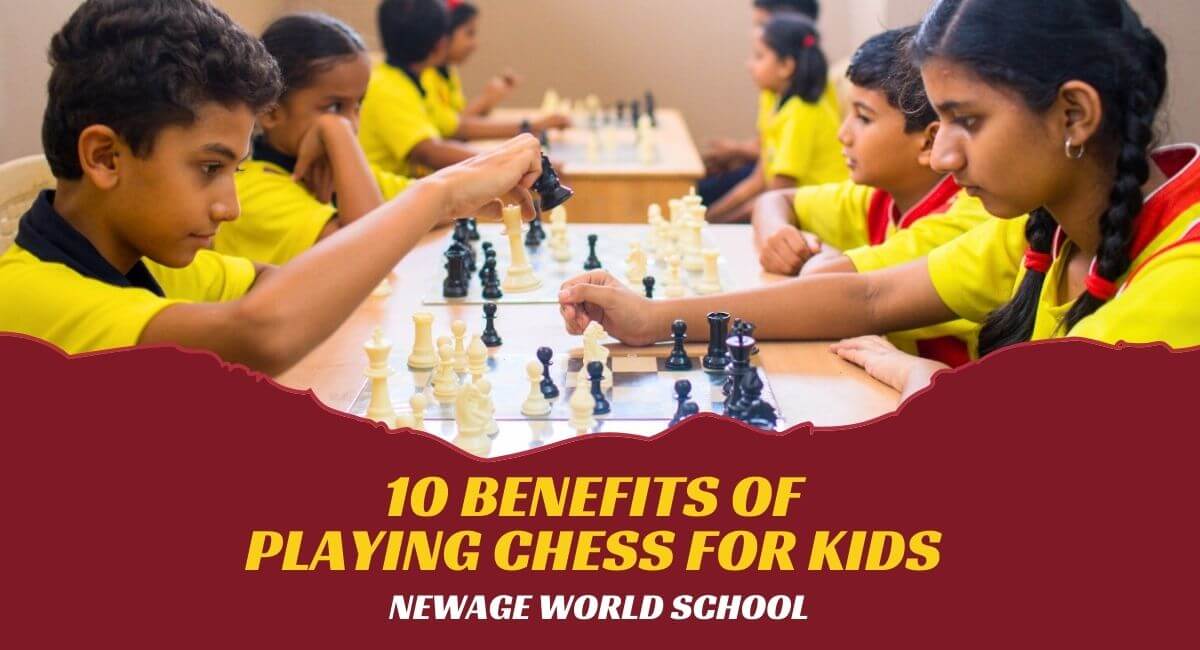
Table of content
Introduction
10 Benefits of Playing Chess for Children
- Enhances Memory Performance
- Sharpens Decision-Making Skills
- Boosts Creativity
- Strengthens Social Skills
- Improves Planning and Organization Skills
- Builds Self-Confidence
- Promotes Mental and Psychological Health
- Enhances Problem-Solving Abilities
- Encourages Sportsmanship
- Reduces Screen Time
How NewAge World School Helps Children with Chess
Conclusion
FAQ
Introduction
Chess, often hailed as the "Game of Kings," is not just a pastime for enthusiasts; it's an educational powerhouse that can significantly benefit children. Beyond its intellectual challenges and entertainment value, chess offers many advantages that can positively impact a child's cognitive, emotional, and social development. Let's explore why playing chess is exceptionally beneficial for children.
Were you ever asked to take up chess as a child? Do you still play it? If yes, you know how much chess can help develop various life skills. Many people play chess in childhood because their parents or schools encourage it.
But why is there a preferential treatment for chess in children? Because more than anyone, children have a lot to gain by regularly playing and training for chess. Here are a few benefits of playing chess for children that stand out.
Before we dive in, let's take a moment to appreciate one of India's greatest chess players, Viswanathan Anand. Known as the "Tiger of Madras," Anand has inspired countless young minds to take up chess. His incredible achievements and dedication to the game has put Indian chess on the global map.
10 Benefits of Playing Chess for Children
1.Enhances Memory Performance
Chess requires players to memorize and learn moves. Constant training and memorizing the moves help children to concentrate better. Their memory power improves, and they learn things quicker and more efficiently. Chess also helps to prevent Alzheimer's and dementia since it constantly challenges and trains the brain. Children who learn chess in school benefit from improved memory and concentration in other areas.
2.Sharpens Decision-Making Skills
Chess teaches children to make well-informed decisions under pressure. Each move can lead to various consequences, fostering children's decision-making skills development. Learning to assess risks, evaluate options, and make sound choices is a valuable life skill beyond the chessboard.
3.Boosts Creativity
Creative thinking is a significant aspect of chess for kids. A player must leave the box to surprise his opponents and win games. Tactics, strategies, and move combinations are all part of creative thinking on the board. This helps kids think differently. Playing on the board constantly makes players think, "What will happen if I do this?" This originality is at its finest, as chess has billions of possibilities, and every game is unique.
4.Strengthens Social Skills
Social interaction through chess encourages interaction with peers. Whether playing with friends and family members or participating in chess clubs and tournaments, children can forge new friendships and improve their social skills. Chess also teaches sportsmanship, helping kids learn to respect their opponents and handle wins and losses gracefully. You can read more about this in our blog on 10 Social Skills You Can Start Teaching Your Child Now
5.Improves Planning and Organization Skills
To win at chess, you must always think one step ahead of your opponent. This involves thinking and planning on what your opponent's move might be and planning your moves accordingly. This process helps children understand the importance of planning and organizing their moves and pieces in the most efficient way possible. Children with this skill are good at planning their study cycle, their day, and organizing every aspect of their life a little better. For more tips, check out Top Six Tips to Balance Your Studies and Social Life.
6.Builds Self-Confidence
Chess is a solo game where the players are all by themselves. They must take all the right decisions by themselves, and they are solely responsible for the outcome. They lose; it's their fault. They win; it's their amazing play. This gives the children a sense of responsibility for the outcome of the game, making them self-confident at an early stage.
7.Promotes Mental and Psychological Health
A study has proven that while playing chess for children, both sides of the brain are equally active and working simultaneously. It is a great exercise for both the right and left hemispheres of the brain. The brain works better, and it helps battle anxiety in children. It also boosts other brain functions useful in day-to-day life. It teaches them patience, how to handle stress when they lose, and how to mentally prepare for crucial events.
8.Enhances Problem-Solving Abilities
Be it math, puzzles, or any other strategy games, chess helps improve problem-solving skills that come in handy in many ways and places. Chess is essentially a puzzle that needs to be solved to win. Thinking of the right combination of moves requires a lot of practise and calculating all the possibilities. These sharpen the brain to solve any other problem that comes its way.
9.Encourages Sportsmanship
Chess players have to play many games to get better at the sport. They will have to lose hundreds of games to win thousands. Constantly losing game after game and realizing the importance of one wrong move shapes them into better sportsmen. They can handle losses and deal with them better. Every chess player also analyses the game, their moves, and their opponent's moves, learning from their mistakes to improve in the future.
10.Reduces Screen Time
One of the major worries of parents is that their children access random content on the Internet, causing major distractions and decreasing their concentration. Chess helps children to get away from the screen and shift their focus to something fun and beneficial. They interact more with parents and friends and are able to prioritize better.
How NewAge World School Helps Children with Chess
At NewAge World School, we believe in the holistic development of our students. Located in the heart of North Bangalore, we are known for our commitment to academic excellence and extracurricular activities. Our school is recognized as the best International school in North Bangalore, and we take pride in offering various indoor and outdoor games, including chess.
Our chess program is designed to help children develop their strategic thinking and problem-solving skills. We have experienced coaches who provide chess coaching in Bangalore. These coaches are skilled in teaching the game in a way that is engaging and easy to understand for kids. They focus on the importance of chess in developing cognitive abilities and communication skills.
We also ensure that our students participate in chess competitions to enhance their skills. These competitions provide a platform for students to showcase their talents and learn from their peers. At NewAge World School, we understand that chess is more than just a game; it's a tool for intellectual growth. For more insights, please read our blog on Top 6 Ways to Improve Effective Communication Skills in Students.
In addition to chess, we offer a range of other sports and activities. Our outdoor facilities include a playground, a basketball court, and a football field. These facilities encourage students to stay active and develop a love for sports. Our indoor facilities are equally impressive, with dedicated spaces for games like table tennis, badminton, and chess. By providing a balanced mix of academics and extracurricular activities, we ensure that our students grow into well-rounded individuals.
Conclusion
Playing chess is not just about fun; it's a vital part of childhood that offers numerous benefits. From cognitive development through chess to emotional intelligence and chess, the game helps children grow into healthy, happy, and well-rounded individuals. So, encourage your children to step outside, explore, and enjoy all the wonderful benefits of outdoor play. Remember, a little fresh air and sunshine can make a world of difference!
Frequently Asked Questions
What is the aim of the game chess for children?
The aim of the game of chess for children is to checkmate the opponent's king while developing critical thinking, problem-solving skills, and enjoying a fun and engaging activity.
What does chess teach a child?
Chess teaches a child patience, strategic thinking, decision-making skills, and sportsmanship. It also helps in cognitive and emotional development.
Does chess make children smart?
Yes, chess can make children smarter by enhancing their cognitive skills, improving memory, and teaching critical thinking and problem-solving abilities.
What are the 5 benefits of playing chess?
The five benefits of playing chess include improved memory performance, enhanced problem-solving skills, increased self-confidence, better planning and organization skills, and improved social skills.
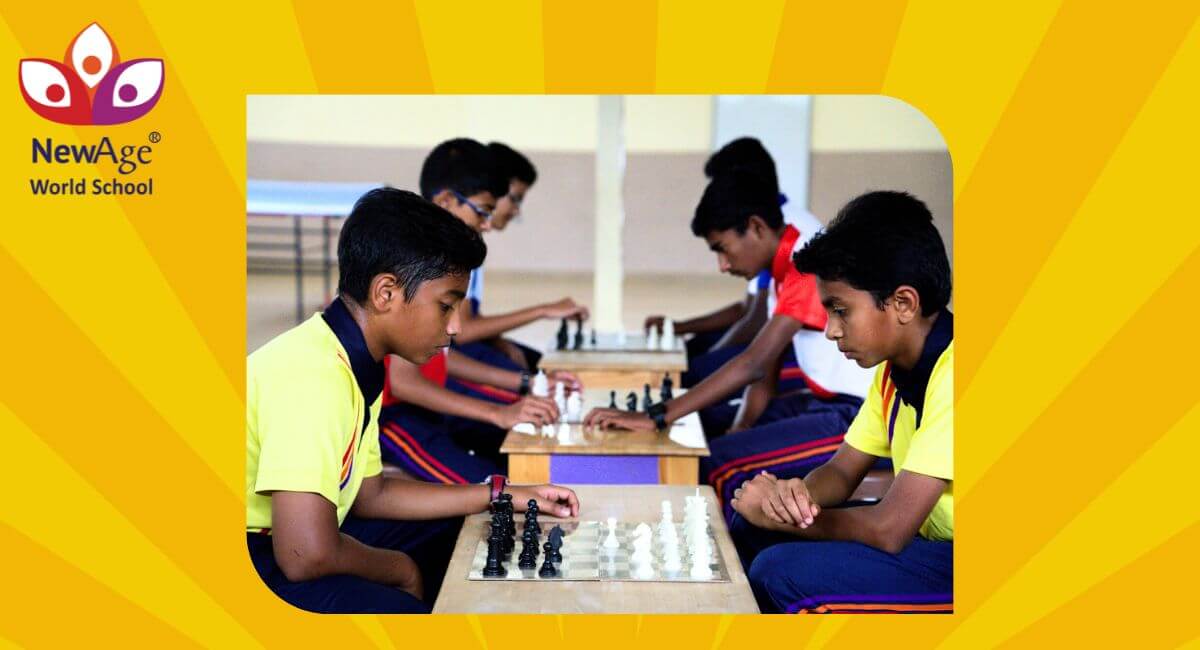



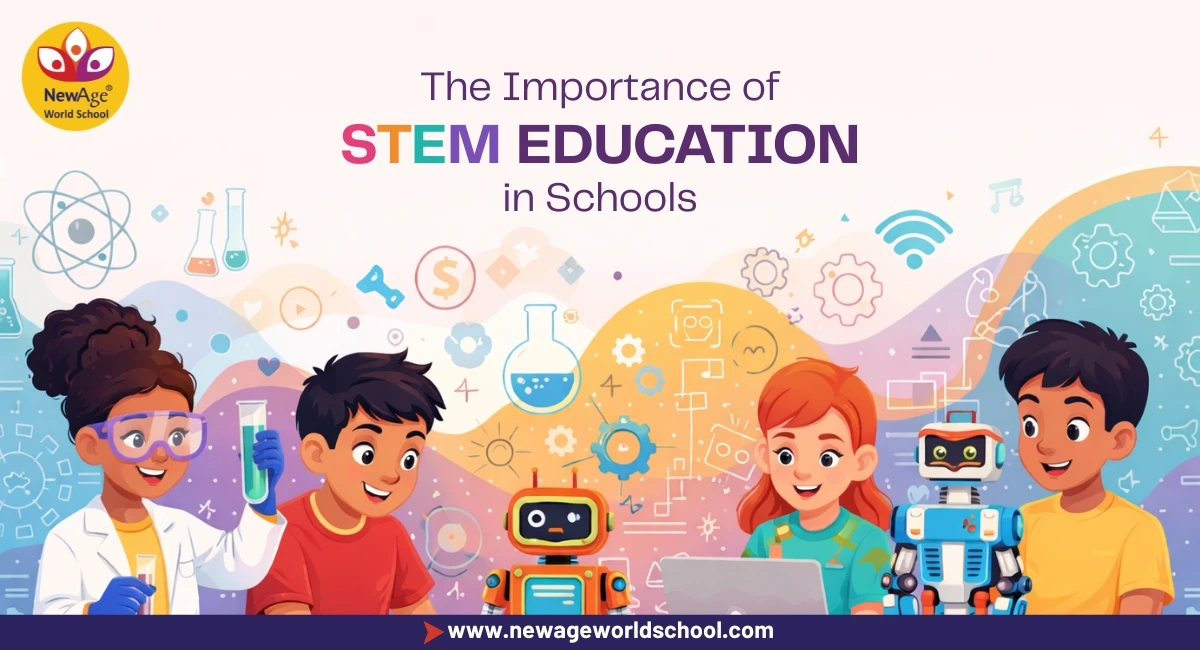
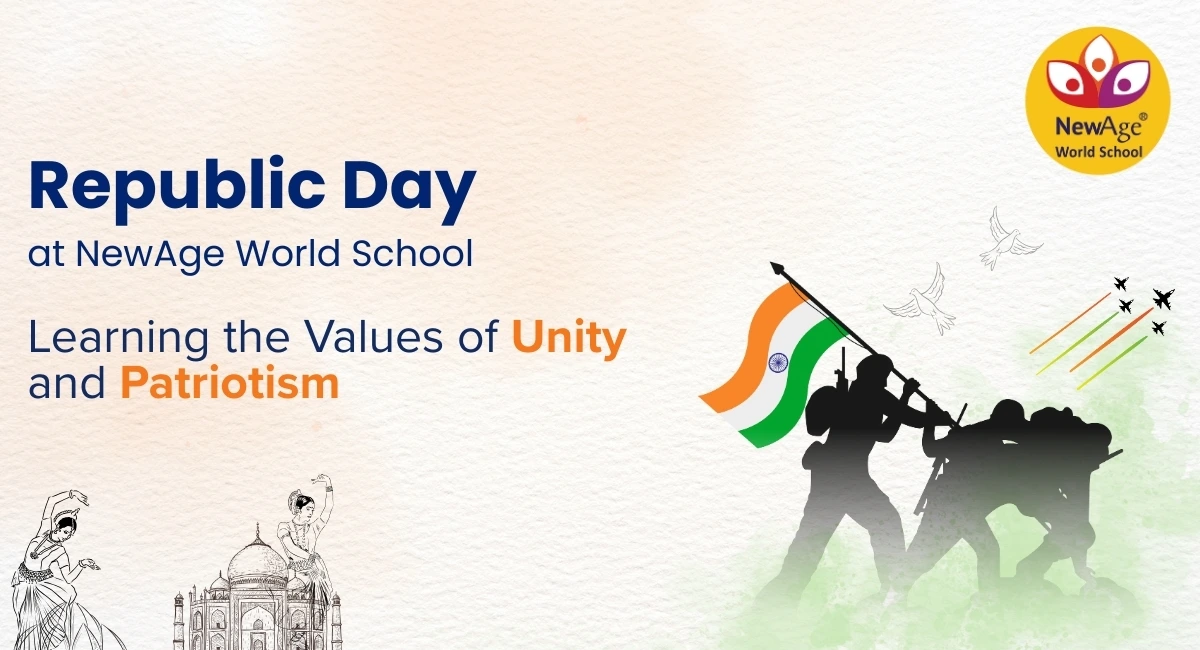
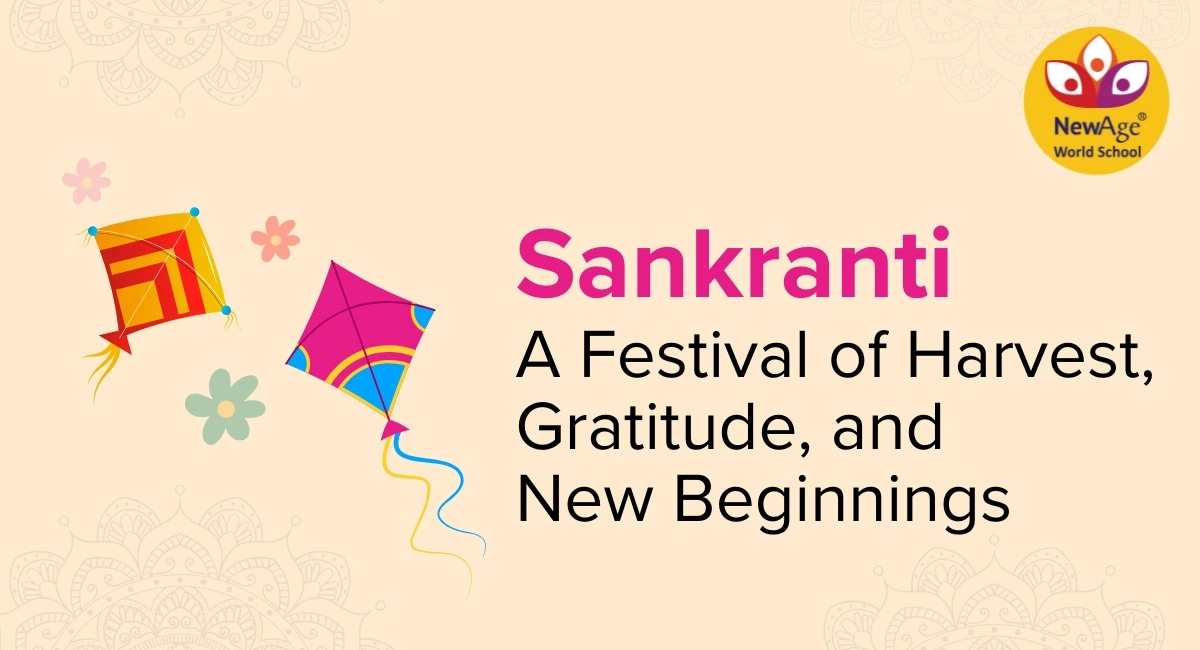
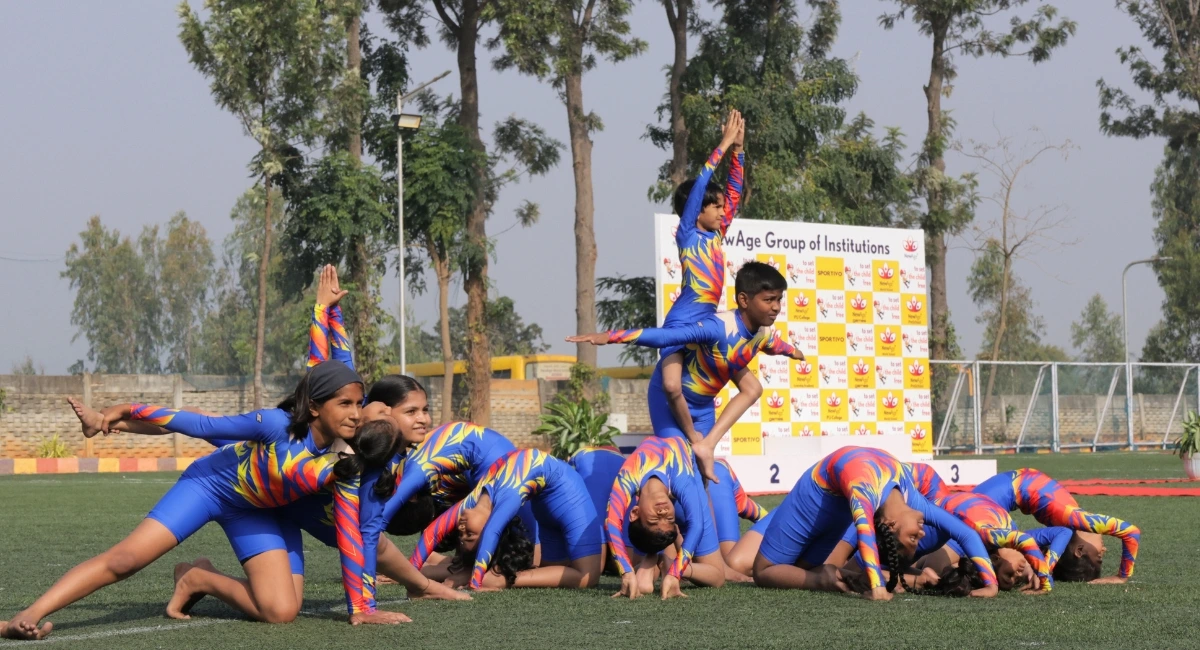


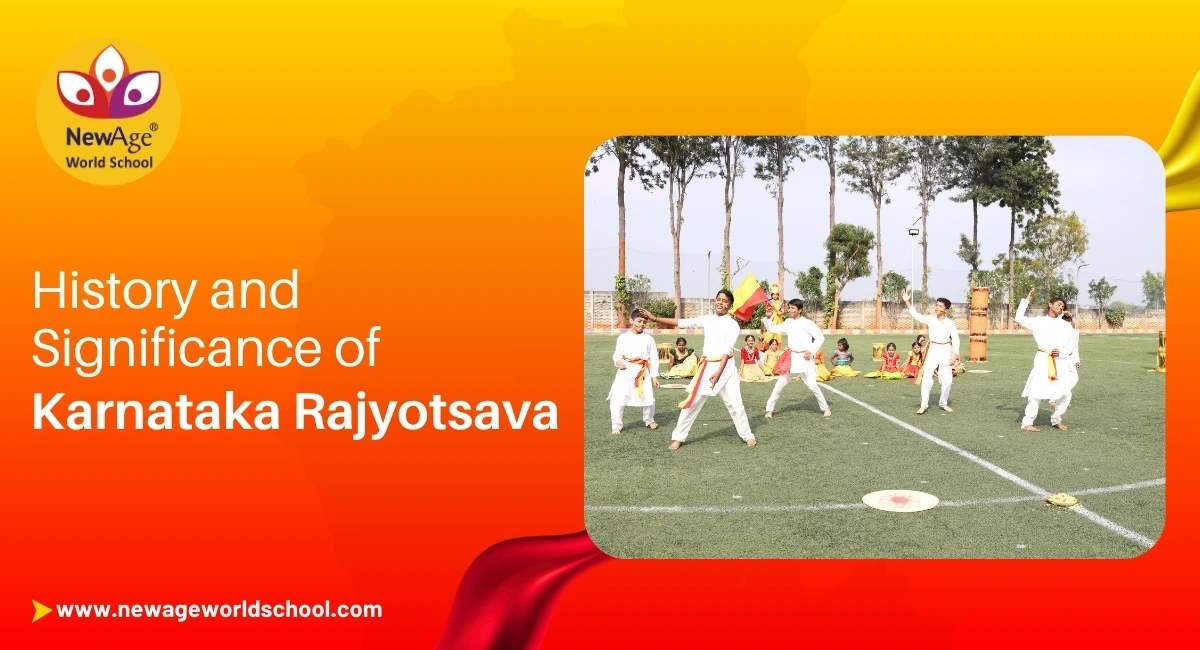
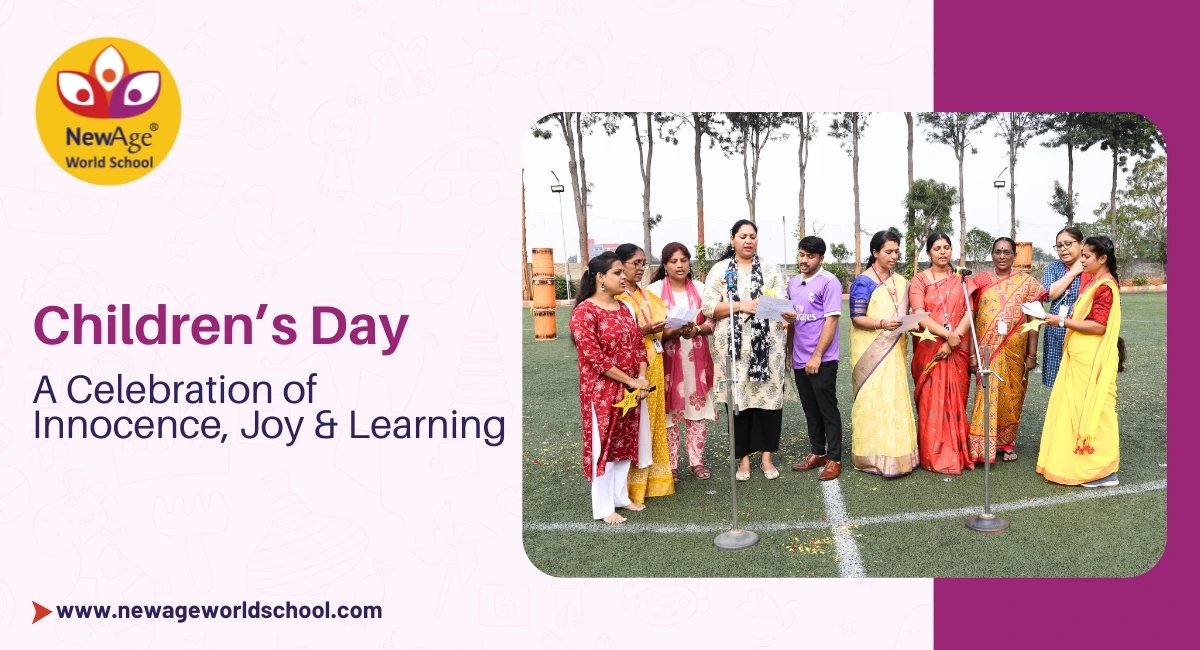
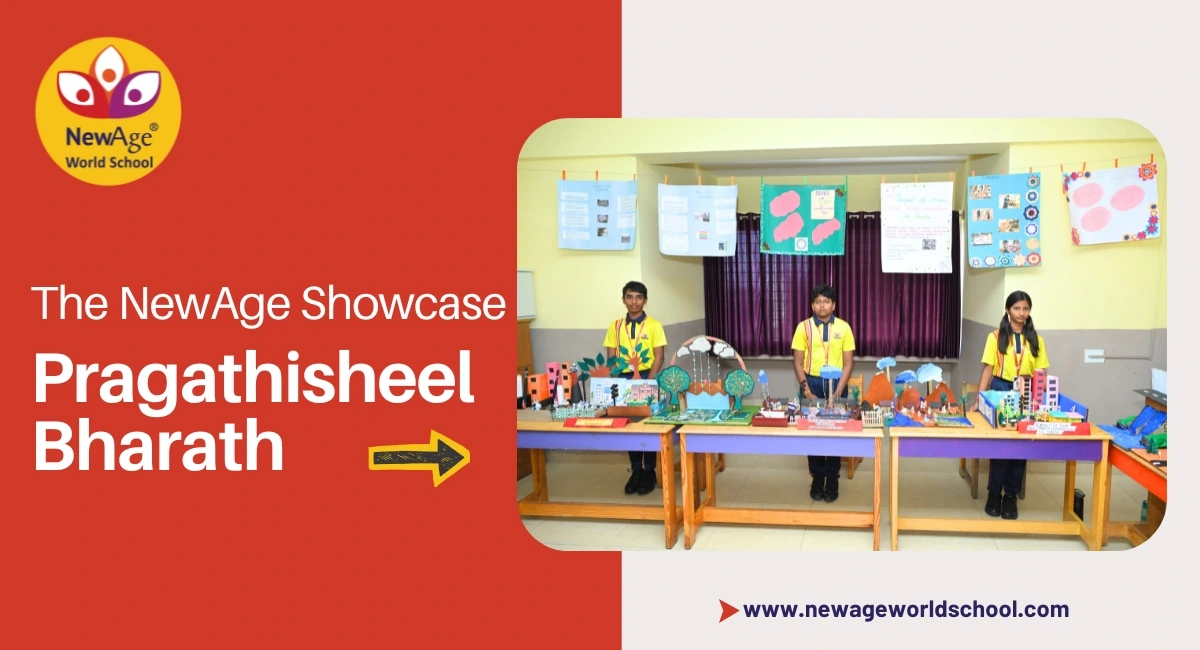
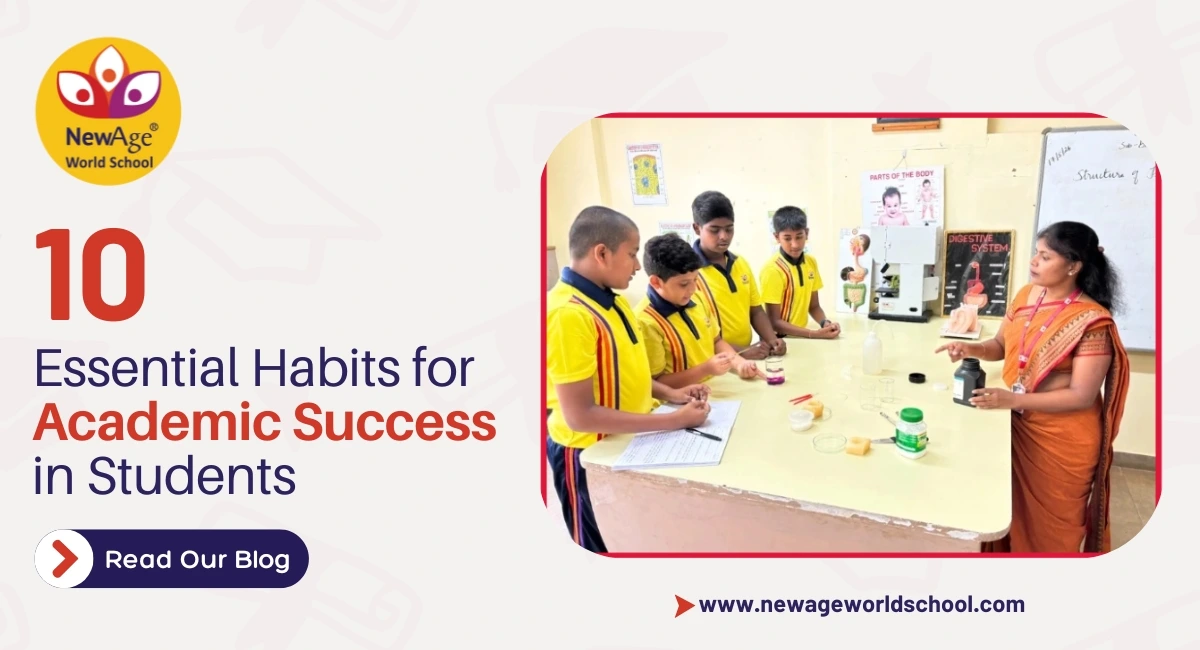
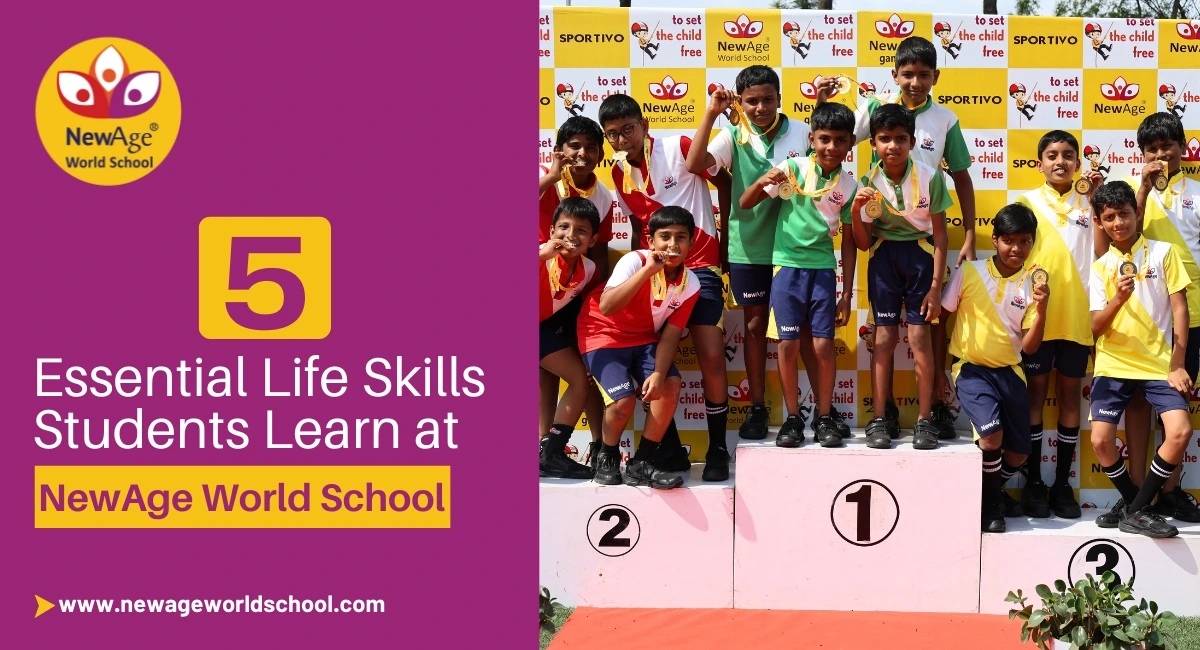
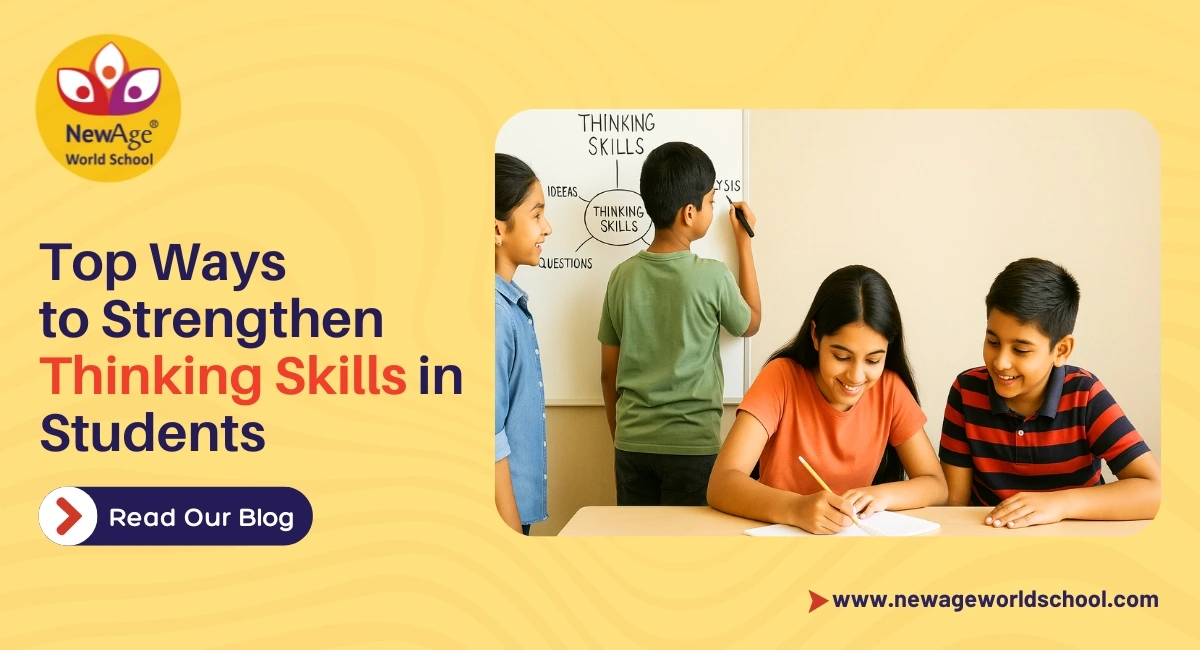
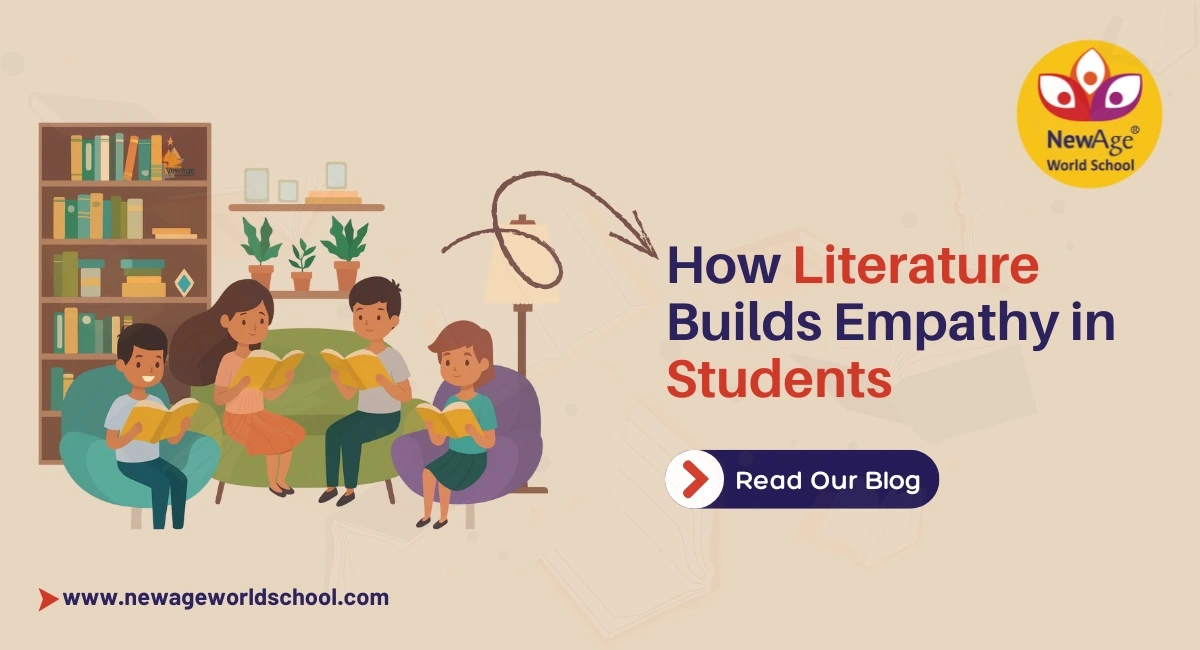

Leave a Reply
Your email address will not be published. Required fields are marked *
Comments
No comments available